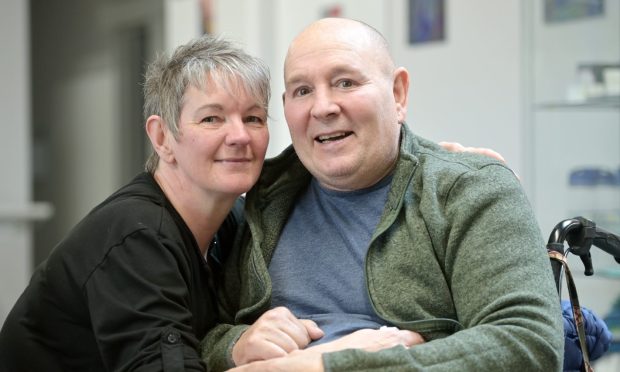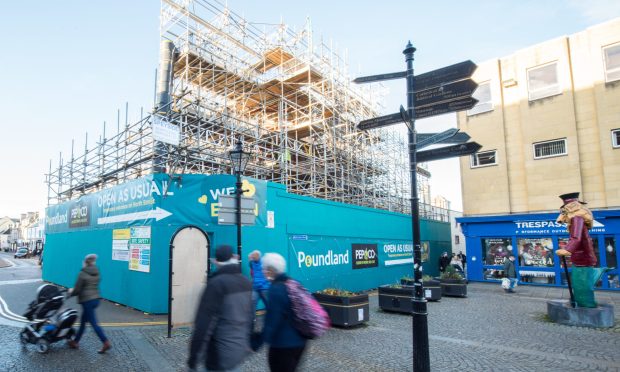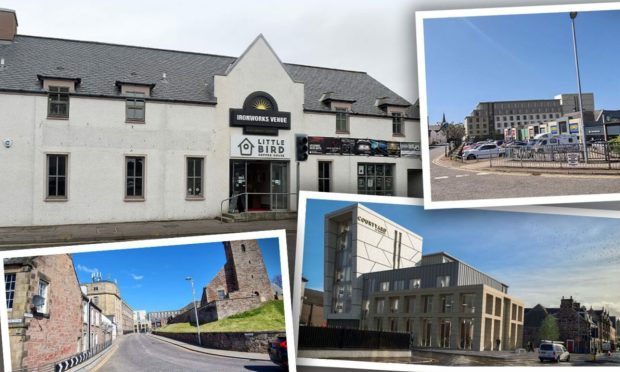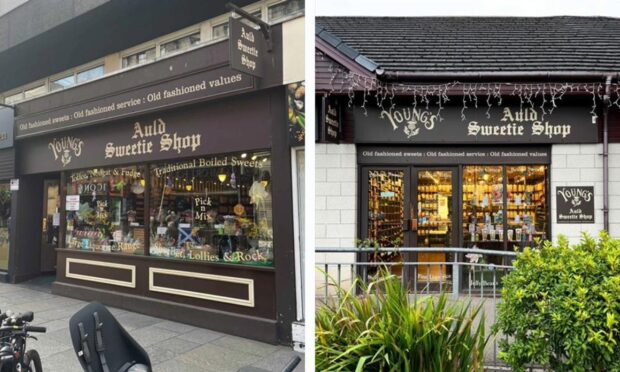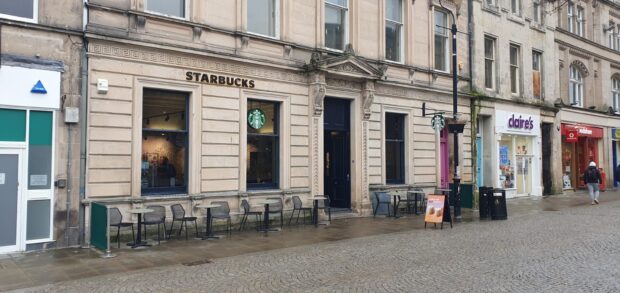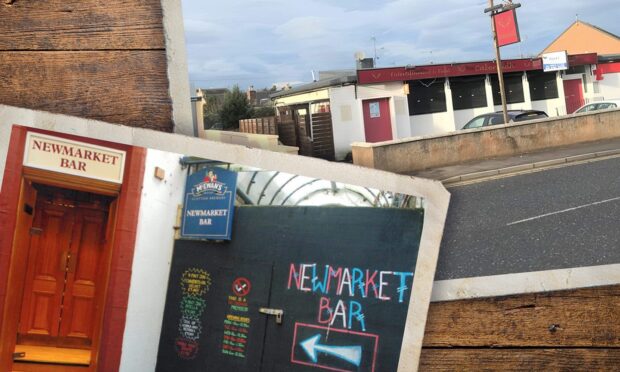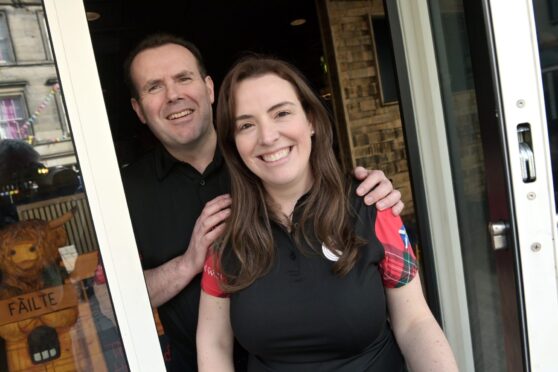Confidence in Scotland’s economic outlook among Highlands and Islands businesses has slumped since the Brexit vote, according to a new report.
The findings of the latest major survey of companies by Highlands and Islands Enterprise (HIE) show firms in the area optimistic about their own prospects, but significantly less so about the country’s economy.
In the first report from HIE’s Business Panel since the EU referendum, 55% of businesses said the result made them feel less confident in the future of the Scottish economy. However, the Brexit vote had little impact on individual firm’s investment plans.
More than two-fifths of businesses (42%) said their confidence in Scotland’s economic outlook had decreased in the previous six months. The figure is a marked increase on the 27% who expressed the same view in the last survey in 2015. Only 12% of the 1,054 companies questioned said their confidence in the economy had increased.
Despite the concerns, 73% were optimistic about their own prospects, with 85% saying they anticipated growth or stability during the next year or two.
Carroll Buxton, HIE’s director of regional development, said the findings showed “uncertainties” created among businesses by the referendum result, but added that the diversity of the region’s economy made it resilient and adaptable.
“Clearly uncertainties around the UK’s EU referendum are reflected in confidence levels among businesses in the Highlands and Islands about Scotland’s wider economic outlook,” she said.
“On the other hand, the optimism they express about their own individual business performance and prospects is equally clear.”
Almost 80% of businesses reported that their business performance over the past 12 months was generally stable or improving, up slightly from 76% last year. The proportion of those reporting that their business had struggled was down from 24% to 20%.
More than half (52%) said they had not used or tried to use any source of investment finance in the past two years, with the main reason being a desire to avoid debt.
Ms Buxton added: “The Highlands and Islands economy is well placed to face future challenges. The majority of the region’s commercial sector is made up of small or medium sized enterprises.
“As we saw during the global financial crisis eight years ago, this diversity, along with the strength in growth sectors provides crucial adaptability and resilience in uncertain times.
“Our focus is very much on promoting these growth sectors and supporting individual businesses in areas such as innovation and exporting. We are continuing our drive towards becoming a world-class digital region by supporting massive improvements in connectivity and helping businesses capitalise on the new opportunities this is creating.”
The HIE Business Panel was set up in 2008 to measure and monitor the economic health of the region. The agency says its members provide the experiences and opinions of businesses and social enterprises in the region and explore topical issues at a regional, sub-regional or sector level.

